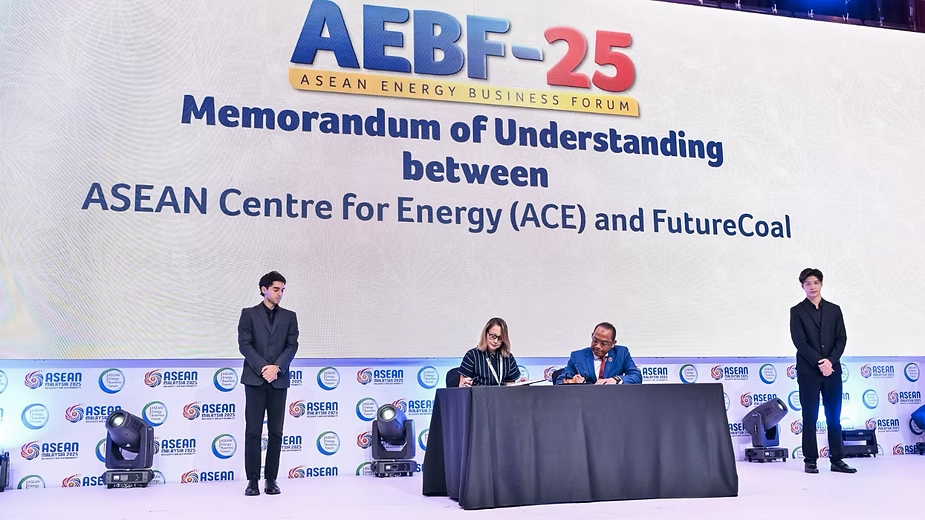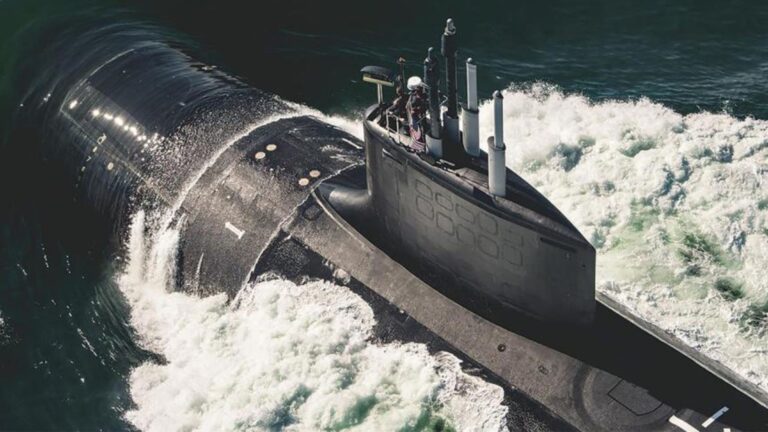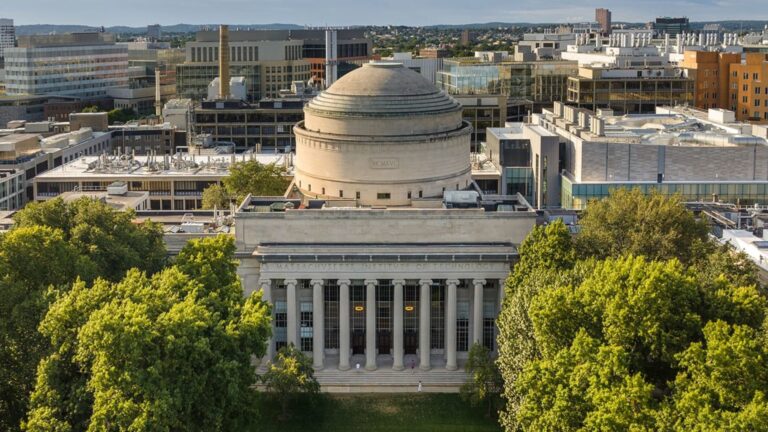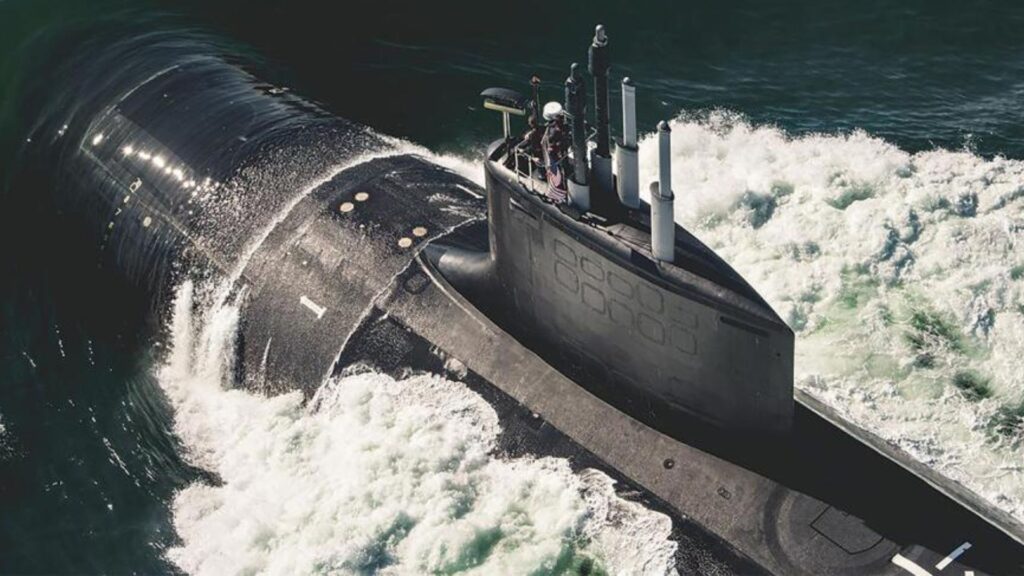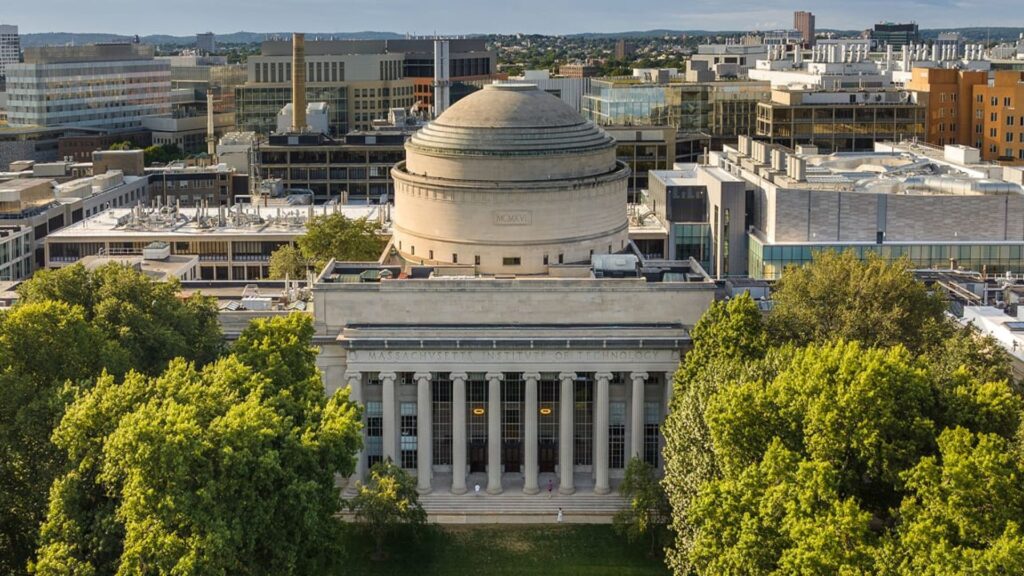Can coal have a sustainable future? Two major energy organizations just doubled down on that possibility. FutureCoal, billing itself as the Global Alliance for Sustainable Coal, and the ASEAN Centre for Energy (ACE) renewed their partnership on October 17, 2025, committing to advance what they call coal’s “transformation” across Southeast Asia.
The renewed Memorandum of Understanding (MoU) extends a collaboration that began back in 2017 and has already produced tangible results. This isn’t just paperwork – it represents a strategic bet that coal can evolve through technology and innovation rather than simply being phased out.
Since the original agreement, the partnership has delivered two significant joint reports that challenge conventional thinking about coal’s role in the energy transition. The first study, titled “Clean Coal Technologies in the ASEAN,” demonstrated how upgrading existing coal plants with technologies like High-Efficiency Low-Emissions (HELE) systems can simultaneously reduce emissions, improve reliability, increase output, and prove more economically viable than common alternatives.
Think about that for a moment. Rather than shutting down coal plants and building entirely new renewable infrastructure – an enormously expensive proposition – the research suggests strategic upgrades could deliver environmental benefits while preserving energy security and affordability.
The second study took a broader view, examining “Addressing UN Sustainable Development Goals (SDGs) in the ASEAN Coal Value Chain.” This report highlights how coal-related activities in the region support progress on UN Sustainable Development Goals, improving local community employment, education, and social welfare through partnerships between the coal value chain and ASEAN businesses and communities.
READ ALSO: https://www.modernmechanics24.com/post/2d-materials-hidden-cavities
ACE Executive Director Dato’ Ir. Ts. Razib Dawood welcomed the partnership renewal with notable enthusiasm. “Under the newly endorsed ASEAN Plan of Action for Energy Cooperation (APAEC) 2026-2030, the programme area ‘Clean Coal Transformation’ has expanded the previously ‘Clean Coal Technology’ to promote a responsible and lower-carbon coal value chain,” he explained.
The language shift from “technology” to “transformation” isn’t accidental. It signals a more comprehensive approach addressing the entire coal value chain rather than just power plant efficiency. Dato’ Razib emphasized that “cooperation with our partners, including FutureCoal, shall continue the effort of ASEAN to ensure energy security and accelerate decarbonisation towards a just and inclusive energy transition.”
FutureCoal CEO Michelle Manook emphasized the strategic importance of continuing this collaboration. “FutureCoal is proud to continue its collaboration with ACE, one of the most respected energy institutions in Asia,” she said. “Together, we continue to advance a fact-based approach which serves to demonstrate how coal is and can evolve through technology and innovation.”
WATCH ALSO: https://www.modernmechanics24.com/post/lockheed-martin-nomad-long-endurance-drones
Ms. Manook’s emphasis on “fact-based approach” addresses a central tension in energy policy debates. While climate advocates push for rapid coal phase-outs, energy security concerns and economic realities create more complex decision-making environments, particularly in developing regions where affordable electricity remains essential for economic development.
“We look forward to partnering with Executive Director of ACE, Dato’ Razib Dawood, and his team to share knowledge and best practices, mobilise investment, and help the ASEAN lead the way in shaping coal’s transformation,” Manook added.
A key element of the renewed MoU is recognition of FutureCoal’s Sustainable Coal Stewardship (SCS) framework, which supports responsible coal development aimed at delivering environmental, social, and economic benefits simultaneously.
READ ALSO: https://www.modernmechanics24.com/post/boeing-westjet-historic-deal-67-jets
“SCS provides a practical framework to explore technologies that can cut emissions, boost efficiency, and unlock new value streams from coal,” Ms. Manook explained. “Through our joint work programme with ACE, we are helping member states pursue cleaner, more competitive, and sustainable energy pathways.”
The partnership’s approach reflects broader debates about energy transition pathways in developing regions. While wealthy nations can afford to rapidly transition away from fossil fuels, ASEAN countries face different constraints. Energy demand continues growing as populations increase and economies develop. Electricity reliability remains critical for industrial development and poverty reduction.
Coal currently provides significant baseload power across Southeast Asia, and existing infrastructure represents enormous sunk investment. The FutureCoal-ACE partnership essentially argues for evolution rather than revolution – upgrading and transforming existing coal assets rather than abandoning them prematurely.
WATCH ALSO: https://www.modernmechanics24.com/post/f35-fighter-jet-to-get-new-system-soon
Whether this approach can deliver sufficient emissions reductions while maintaining energy security remains contentious. Critics argue that any continued coal use delays necessary transitions to renewables. Proponents counter that pragmatic, technology-driven improvements offer more realistic pathways for developing regions than rapid phase-outs that could compromise economic development and energy access.
The renewed MoU suggests that at least within ASEAN energy planning circles, coal transformation rather than immediate elimination remains the preferred strategy through 2030 and likely beyond.
